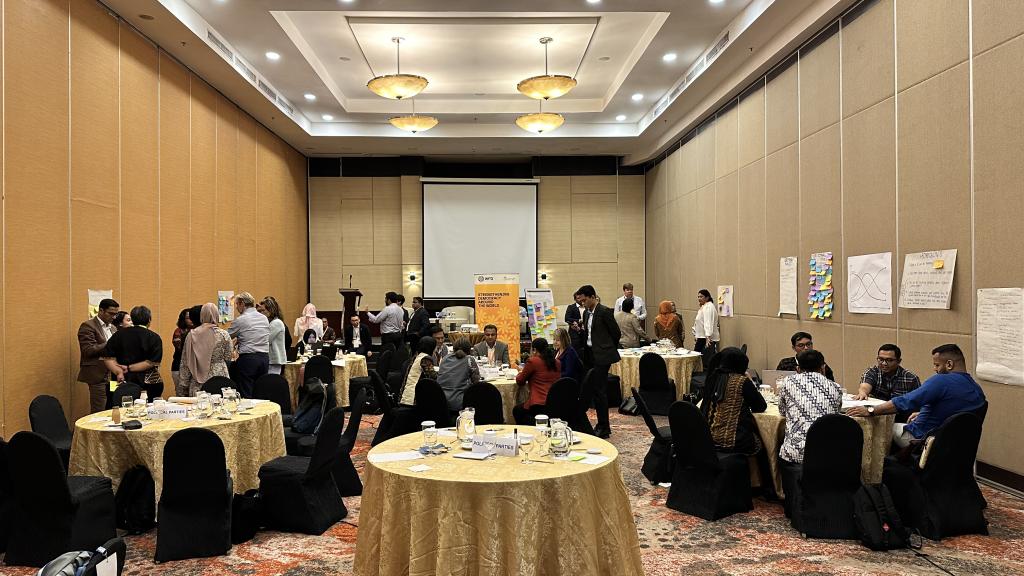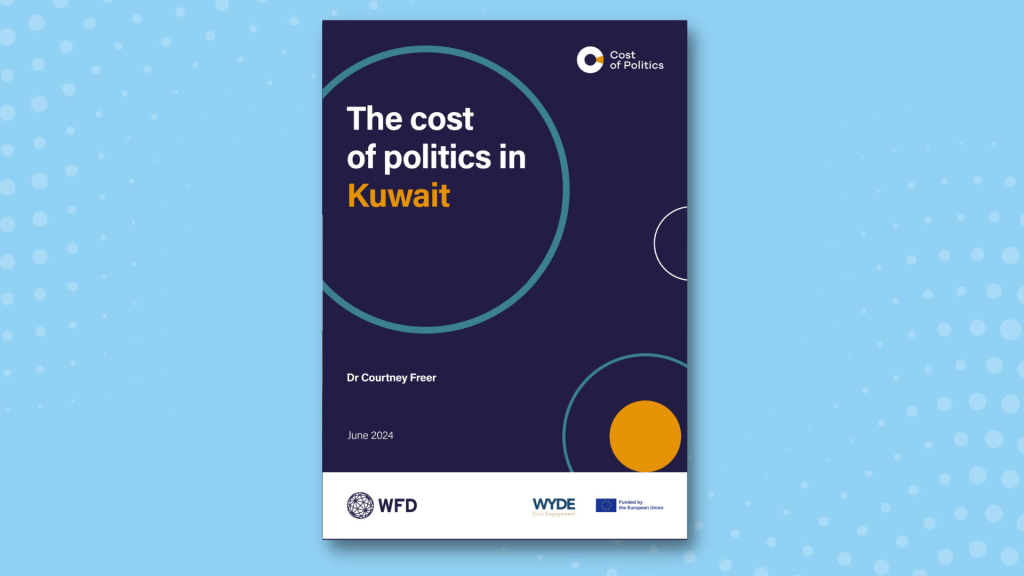The cost of politics refers to how much money individuals need to get nominated, campaign for election, and serve in office. This financial burden is often shocking – in Indonesia, the average person would need to work for 140 years without spending on anything else to fund a political campaign.
Watch our 2 minute explainer
Why it matters
Our research shows that the high cost of politics has far-reaching consequences:
- Wealth determines access to power: Those with limited financial resources - often women, young people and other marginalised groups - are less likely to participate in politics
- Money influences outcomes: In Liberia, successfully elected candidates spent twice as much on average compared with those who lost
- Vote buying distorts democracy: In Maldives, as much as 75% of campaign budgets are set aside for vote buying
- Democracy weakens: High costs undermine the legitimacy of elections and reduce transparency
Our approach
Westminster Foundation for Democracy is leading efforts to investigate and address the cost of politics in more than 40 countries worldwide. Our innovative methodology:
- Focuses on individual candidates rather than just political parties
- Tracks costs across the entire election cycle – from nomination to the end of tenure
- Examines monetary expenditures, in-kind contributions and non-financial costs
- Analyses the factors driving spending decisions
- Identifies gaps between regulations and implementation
- Explores how constituent demands affect accountability
Evidence-based action
WFD works with local researchers who use our methodology to conduct cost of politics research in countries across Africa, Asia, Europe and beyond. Our findings inform targeted recommendations for making politics more inclusive, transparent and accountable
View our full research library and country reports
List of research countries
Expand the regions below to find out where we have investigated the cost of politics
Partners and funders
WFD is grateful to our funding partners:
- Netherlands Institute of Multiparty Democracy (NIMD)
- The European Union-funded project called WYDE Civic Engagement, led by EPD, European Partnership for Democracy. The WYDE Civic Engagement project is a component of the Women and Youth in Democracy Initiative (WYDE) by the European Commission.
- UK Foreign, Commonwealth and Development Office and formerly the UK Department for International Development
- Hanns Seidel Foundation



